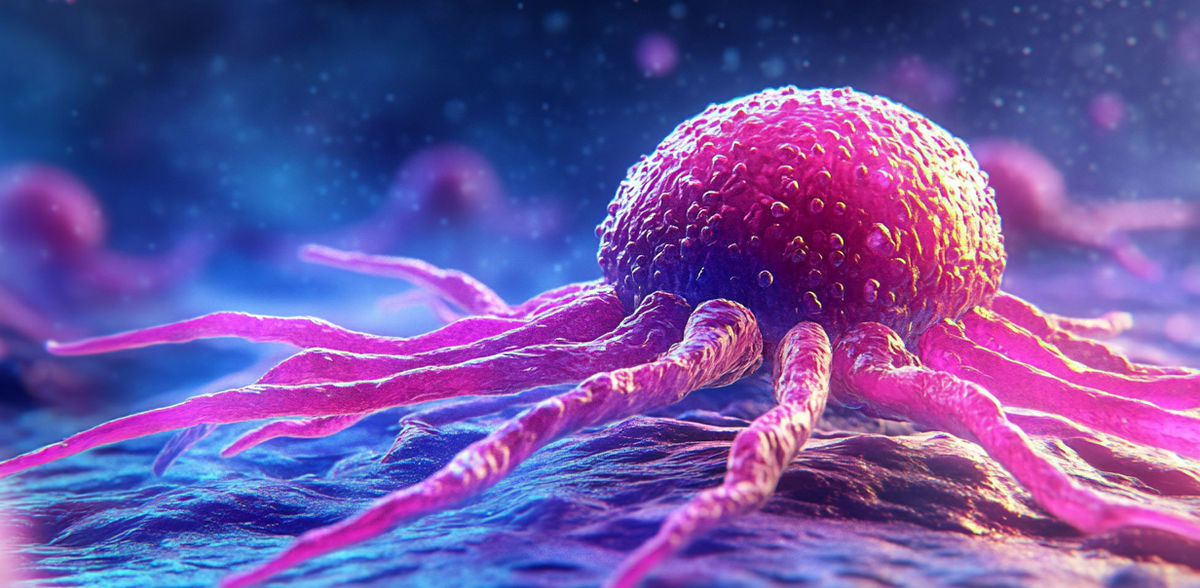First overview of the long-term effects of cancer immunotherapies
Advertisement
cancer therapies with so-called "immune checkpoint inhibitors" (ICI) are now widely used, but their long-term effects have hardly been recorded. Scientists from the German Cancer Research Center (DKFZ) have now for the first time systematically summarized studies on the long-term effects of these therapies. A significant proportion of cancer survivors report reduced quality of life and undesirable side effects of the therapy. However, the researchers emphasize that much more detailed knowledge about the long-term effects of ICI is still required in order to offer those affected the best possible aftercare.
In 2011, an immune checkpoint inhibitor ("ICI") was approved for the first time for the treatment of advanced malignant melanoma. Today, this form of immunotherapy has become a fourth pillar of cancer medicine alongside surgery, chemotherapy and radiotherapy. ICIs activate tumor defense by preventing inhibitory contacts between cancer cells and immune cells. Figuratively speaking, they release the brakes on the immune system.
In many cases, the treatments mean a gain in lifespan of several years for those affected. However, little is known about the long-term effects of this form of therapy, which, in contrast to the late effects of radiotherapy or chemotherapy, have hardly been researched.
"Thanks to improved treatments, more and more people are surviving their cancer diagnosis for longer and longer. In Germany today, around five million people are living with or after cancer. They are also referred to as "cancer survivors". Long-term effects of cancer immunotherapies therefore affect a considerable number of people," says Volker Arndt from the DKFZ.
Arndt and his team therefore launched the first systematic literature review on this issue. The team analyzed 39 published studies that recorded the quality of life of patients who had received ICI treatment. Only those studies in which immunotherapy was used in routine clinical care (and not as part of a clinical trial) were included in the analysis. The studies recorded toxicity-related health burdens as well as psychosocial and financial aspects of the disease.
A significant proportion of survivors had long-lasting adverse effects due to the immunostimulatory effect of the drugs. These include inflammatory reactions of the gastrointestinal tract or the lungs, some of which only occur after the end of treatment. A third of those treated with ICI also complained of psychosocial problems such as depression or anxiety, and well over a third reported neurocognitive impairments. However, patients who did not receive ICI therapy also reported corresponding complaints.
"Most of the studies included in our analysis suffer from a low number of participants, the lack of a control group from the general population and the fact that they were not compared with other types of therapy. Another weakness is that the cancer survivors were only surveyed at a specific point in time instead of documenting their quality of life over a longer period of time," says Volker Arndt.
However, despite the limited study situation, the analysis by Arndt and colleagues makes it clear that the quality of life of a significant proportion of ICI-treated cancer survivors is impaired in the long term. "In order to offer those affected the best possible aftercare, detailed knowledge about the long-term effects of ICI is important," says Arndt, adding: "In view of the widespread use of ICI, more comprehensive studies are urgently needed to address questions that have not yet been adequately investigated."
According to the Heidelberg researchers, these include in particular questions about fertility restrictions and a possible return to work. Both are becoming increasingly important as more and more cancers can be controlled in the long term with the earlier start of ICI therapies.
Note: This article has been translated using a computer system without human intervention. LUMITOS offers these automatic translations to present a wider range of current news. Since this article has been translated with automatic translation, it is possible that it contains errors in vocabulary, syntax or grammar. The original article in German can be found here.





















































